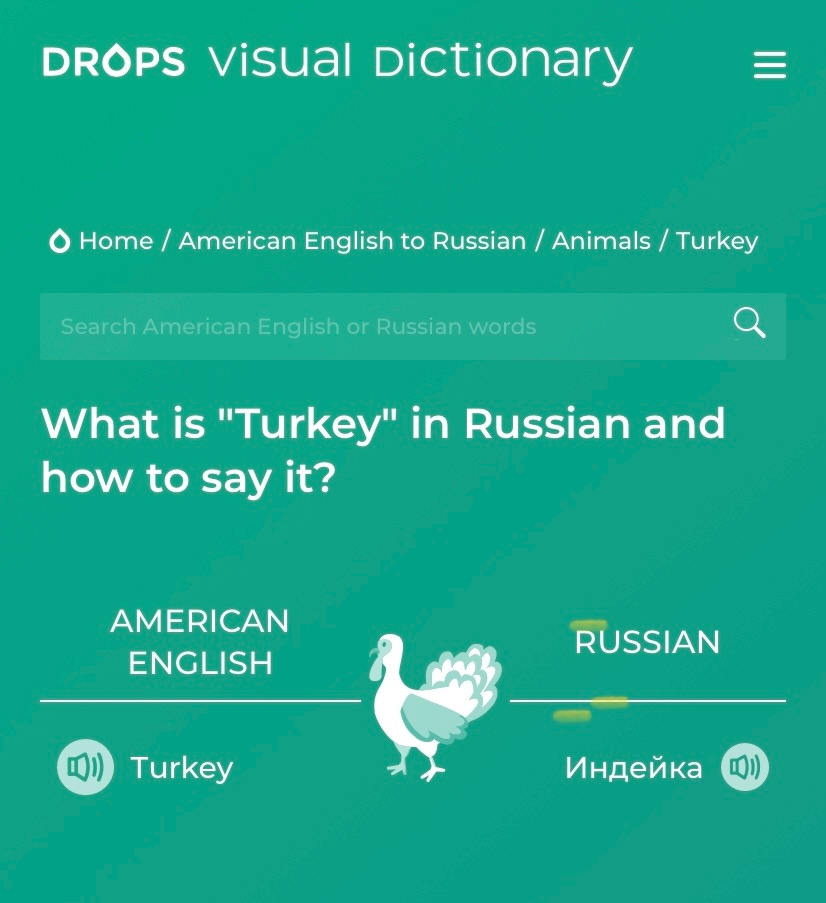Wishing you all a very Happy Thanksgiving. Among many other things, I’m truly grateful for your presence here in Story Club, and the nearly one year (as of my birthday, December 2), we’ve spent together. Let’s talk about translation a little… ….cued by this excellent question: Q. I have a question about the translated text. I've printed out the open source Litvinoff translation you provided; I also own the SELECTED STORIES volume translated by Richard Pevear and Larissa Volokhonsky, which I got a while back since it's been regarded by many as the best English version. I'm wondering which one you prefer? The essential story elements are the same for sure--all the stuff we'll be focusing on and discussing next week. But if you had a choice between these two, maybe you'd pick one over the other....or no? Both equally good? This issue for translation, especially with the 19th century Russians, is a live one, I think. I haven't heard you (or I may have missed) chime in on this, and if you have a preferred translator. A. Yes, this is a great question (and for those of you who haven’t made the jump to being a paid subscriber, the questioner is referring to our ongoing Sunday discussions of Chekhov’s “The Lady with the Dog”). This is a question I got asked often when I was doing my (virtual) tour for A Swim in a Pond in the Rain. Basically – I have no system. My approach, for all those years I was teaching the Russian stories in translation at Syracuse, was not to sweat too much over which translation to use, especially since, not being a reader of Russian, I had no real basis for preferring one over another. I always felt like we could do useful work with even a crummy translation, since our work (there and here) is about the form of the story itself. We could have a meaningful reading experience even with a less-than-wonderful translation, and, since we are mostly talking about that experience – about how a story makes its meaning - all is well. In this case, the permissions process to get the Yarmolinsky translation (I used his versions of the three Chekhov stories in the book) was long and costly, and when I read the Litvinov translation, which was available for free online, it seemed wonderful – it felt like the same story I’d been teaching all those years. So, I guess my theory is that, within a certain range of quality – and I assume most published versions are within that range – it doesn’t matter much, for our purposes. Over the years, I accrued a set of texts and….just kept using them, adding to my notes on them every semester – which, in turn, made me less inclined to replace that translation with another. In a sense, I got pretty good at teaching those specific translations, and so just stuck with them. &&& I’ve often heard it said, by Russian speakers, that Chekhov tolerates translation well, along with Tolstoy, because (as I understand it) the language is relatively plain and simple – unlike, say, Gogol, with whom much gets lost in translation. He’s a punning, funny, language-rich writer - more of a high-wire stylist than Chekhov. I’ve also heard that Chekhov reads differently in Russian –as I understand it, there’s a little more edge to him, the reader feels him being a little more sarcastic toward his characters, whereas, in English, he gets infused with a sort of gentle, saintly quality. Would love to hear from any of our Clubbers who read Russian, on these questions, and on the question of how this Litvinov translation differs from others, especially the Yarmolinksy and the (very critically acclaimed and popular) Pevear and Volokohnsky version? It also might be interesting to hear from those of you who read in, and perhaps translate from, other languages. I’ve always felt that there was a keen relation between “translating” and “being a stylist” since, essentially, when we are writing, we are “translating” some mental image into language - an image that could be expressed in an infinite number of ways. And if that’s not “translating,” what is? For those of you who are new here, we had a wonderful discussion of these things in connection with Isaac Babel’s “My First Goose,” led by Boris Dralyuk, who translated the wonderful version we used back then. |
Office Hours
13:01
0





